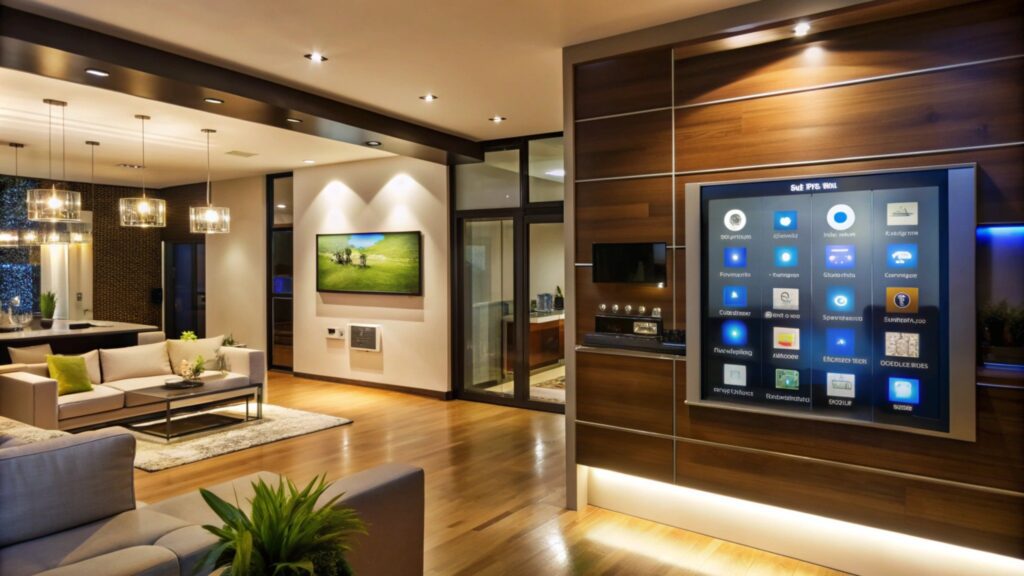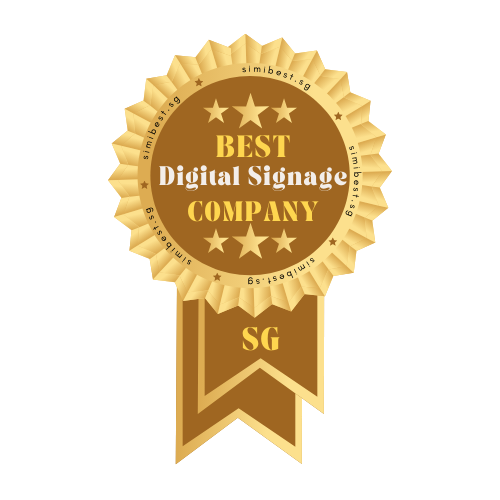
The hospitality world is changing fast—and not just because of beautiful lobbies or swanky amenities. Behind the scenes and across the guest journey, digital technology is doing some heavy lifting. Whether you’re managing a boutique hotel or an international chain, these 10 technologies are rewriting how hospitality works in 2025.
Artificial Intelligence has gone from experimental to essential. It’s no longer a “nice to have”—it’s powering personalized, 24/7 guest services across hotels.
Today, AI chatbots handle common questions, book rooms, and even recommend local attractions. Many luxury hotels use AI-powered concierge systems that learn about guest preferences and tailor suggestions in real time. The result? Smoother experiences and better reviews.
Who wants to queue at reception anymore? With mobile check-in, guests can go straight to their rooms and unlock the door with their phones. Apps now allow guests to control room temperature, lighting, and request services like room cleaning or food delivery.
This tech boosts both convenience and hygiene—a big win in the post-pandemic world.
Managing a hotel requires coordination between front desk staff, housekeeping, event teams, and more. Cloud-based PMS systems bring everything into one place, accessible from anywhere.
These systems provide real-time updates, automate admin tasks, and allow better reporting. Hotel staff can respond faster, identify trends quicker, and manage operations more efficiently.
Modern guests want control and comfort. With smart room tech, hotels offer just that—voice-controlled lighting, smart thermostats, automated blinds, and personalized welcome settings.
These devices not only enhance the guest experience but also help hotels save on energy costs through intelligent automation.

Why rely on pictures when you can virtually walk through a room? VR is helping potential guests experience a hotel or event space before booking.
Web-based VR tools let users “visit” suites, explore pools, or even tour ballrooms. For event planners, it means faster decisions without site visits.
Once guests arrive, AR makes exploring the property easier. With their smartphones, they can use AR overlays to find directions to the spa, gym, or meeting room right on their screen.
Some hotels even offer AR-enabled city maps that highlight top restaurants, attractions, and transport info. It’s like having a personal tour guide in your pocket.
This one’s hard to miss—LED video walls are lighting up hotel lobbies, ballrooms, and lounges with brilliant visuals and information displays.
Whether showcasing social media feeds, streaming live events, or featuring brand content, LED walls create a high-impact experience. During events, they’re often used as digital backdrops or presentation screens.
A modular and hospitality-friendly LED video wall systems designed for both temporary and permanent installations.
Hotels are sitting on loads of data—guest feedback, booking behavior, spending patterns. Big data tools help make sense of it all.
From forecasting busy periods to tailoring marketing campaigns, analytics gives hoteliers a competitive edge. It’s like having a business advisor that runs on algorithms.
The shift toward contactless payments is all about ease and safety. Digital wallets like Google Pay, Apple Pay, and hotel apps reduce friction at checkout.
Even better, they integrate with loyalty systems, automatically logging points and perks. Guests appreciate the speed, and staff spend less time handling physical cash or cards.

Sustainability is now a must-have, and technology is helping hotels meet green goals. From smart meters to energy-efficient appliances, every tool counts.
Many properties now let guests view their eco-impact during stays, encouraging conscious travel. It’s smart business and a statement of values.
The future of hospitality is being shaped in real-time by technology. Whether it’s AI, LED video walls, or mobile integrations, each tool offers a better way to serve guests.
It’s not about replacing human touch—it’s about enhancing it. For hospitality businesses aiming to stand out in a competitive market, embracing these innovations isn’t just smart—it’s necessary.
We offer a versatile and customizable visual experience, empowering businesses to enhance their brand presence and captivate their audience.

